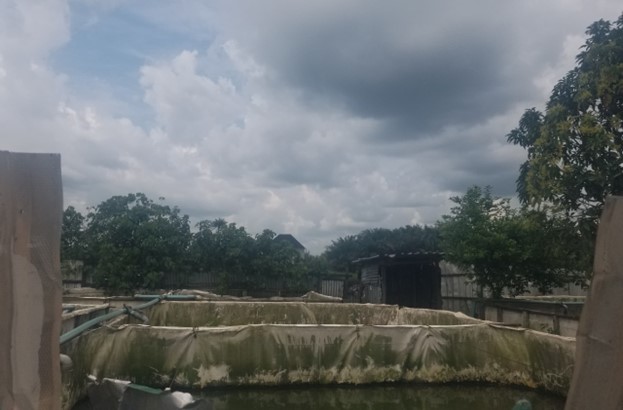At the heart of the REPTES project, a LEAP-RE Portfolio member, lies the development of a proof of concept of innovative multigeneration/storage systems based on renewable energy sources (RES). These systems can serve for satisfying electrical and thermal (heating/cooling) demands of isolated and rural communities in Africa, and for producing other green commodities for agricultural purposes such as ammonia as fertilizer, desalinated water, and refrigeration energy for food conservation. The core of the project is the coupling between RES-based generators, electrochemical batteries for short-term storage, and a pumped thermal electricity storage (PTES) system.
The REPTES project sought to use real-life data in Africa in its execution, and the first milestone attained so far during the project is the definition of case studies and data collection on energy needs in selected farms in Nigeria and Morocco. Specifically, surveys were carried out in Nigeria over a period of 4 weeks, in October and November 2023, to collect data on energy needs in farms around Eruemukohwarien and Ododegho communities, both in Delta State, Nigeria. The questionnaires designed for our project were also distributed to a farmer in Benguerir, Morocco.
Questionnaires were designed to assess energy needs of farms in the case-study locations, to glean information on the peak energy demand times in the locations and investigate the willingness of the targeted rural farmers to embrace the installation and use of renewable energy systems on their farmlands. For the Nigerian small-scale farm in case study 1, the farmers (a family farm) combined crop farming (basically cassava, yam, and maize) with fish farming, beside which is situated another crop plantation for tomatoes and vegetables.

A Moroccan small-scale farm primarily focused on cultivating a variety of crops such as olives, lemons, oranges, pomegranates, and peaches, and also includes the rearing of laying hens and rabbits was identified as case study 2. Beyond energy-related challenges, this case study aims to address the issue of saline water for agricultural activities.
For the case-study 3, several Nigerian farms were clustered together within a small village, with farming activities ranging from crop farming, fish farming, and animal husbandries. The survey analysis helped to quantify the energy needs of the two case-study farms, and the need for other commodities such as fertilizer.
Currently, the preliminary design of the proposed RES-PTES integrated plant and the investigation of the socioeconomic impact of using this scheme in African communities is underway.




